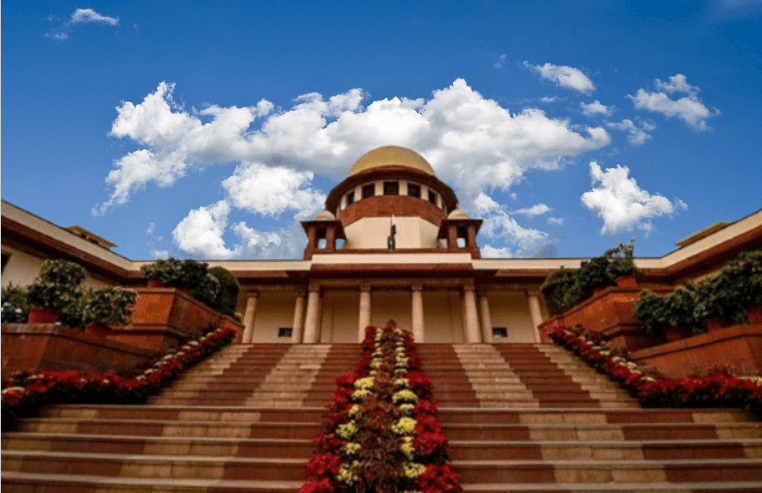
In a significant judgement, the Supreme Court on Wednesday overturned the union government’s television ban on Malayalam news channel MediaOne. The court ruled in an application for special leave filed by Madhyamam Broadcasting Ltd (MBL) – the company that operates the channel – challenging the Kerala High Court’s decision to uphold the Ministry of Information and Broadcasting to not renew the broadcast licence of the channel for want of security clearance from the ministry of home affairs . The channel’s editor, Pramod Raman, and the Kerala Union of Working Journalists also filed separate petitions challenging the high Court’s decision.
Criticism of the closed trial
The Supreme Court sharply criticized the high Court’s approach to upholding the Center’s decision solely on the basis of sealed documents produced by the Ministry of Home affairs. The panel, composed of Chief Justice of India DY Chandrachud and Justice Hima Kohli, found that the Supreme Court had not provided any valid reason for validating the decision. The court ordered the ministry to renew the broadcaster’s license within four weeks, stating that failure to disclose the reasons for the interior ministry’s refusal to carry out security clearance and revealing them in court only in a sealed envelope violated the principles of the natural Justice and fair use, leaving the company ‘in the dark to fight’.” “The state uses the national security argument to deny citizens’ rights. It’s against the rule of law. not allow the state to act fairly.The sealed envelope procedure used rendered obsolete Plaintiff’s parchment rights and Plaintiff’s procedural safeguards. he noticed the panel. The Supreme Court ruled that the channel’s critical views of government policies could not be characterized as anti-establishment, as an independent press is essential to a robust democracy. The Ministry of Home Affairs had relied on reports of the channel on the Citizenship Amendment Act (CAA), the National Register of Citizens (NRC), criticism of the judiciary, the state and more to conclude that it was a acted anti-establishment.
However, the court found that these were not valid reasons for refusing to extend the broadcasting license. The court found that failure to renew a license to criticize government policies constituted a restriction on the right to freedom of expression and could not be enforced. “The press has a duty to tell the truth to the authorities and to inform the citizens of concrete facts.The channel’s critical stance on government policies cannot be described as anti-establishment. This view assumes that the press should always support the government. An independent press is essential for a strong democracy. Criticism of government policy cannot be extended to any of the grounds under Section 19(2) that could restrict freedom of expression,” the Supreme Court said. The Supreme Court ruled that the alleged relationship of the channel’s shareholders with Jamaat-e-Islami Hind was not a valid reason to restrict the station’s rights. The state was found to use national security as a tool to deny citizens legal remedies. “National security claims cannot be made out of thin air, they must be backed up by facts of substance,” the penal said.
On March 15, the Supreme Court temporarily stayed the Center’s January 31 order revoking the news channel’s license and banning it from broadcasting on security grounds. He said the news and current affairs channel would continue to operate as before the television ban. The Supreme Court, after examining the documents submitted by the Centre, issued an order revoking the security clearance and the Kerala Supreme Court issued an order maintaining the television ban. It had left the question open on whether the content of files on the basis of which the ban order was passed be given to the channel to enable it to defend itself. The Kerala High Court upheld the Center’s decision to ban television broadcasting of a news channel in Malayalam and dismissed an appeal by Madhyamam Broadcasting Ltd – operator of MediaOne – against the Central Government’s January 31 decision. The Supreme Court found that the Department of Interior’s (MHA) decision to refuse security clearance was based on information from various agencies. The channel had contended that MHA permit is only required to obtain a new permit/license, and not at the time of renewal. He also explained that according to the uplink and downlink policies, a security clearance is required only when applying for a new license and not when renewing the license.
Written by -Anushka yadav student of the ba.llb 2nd semester at Rnb global University bikaner Rajasthan





0 Comments